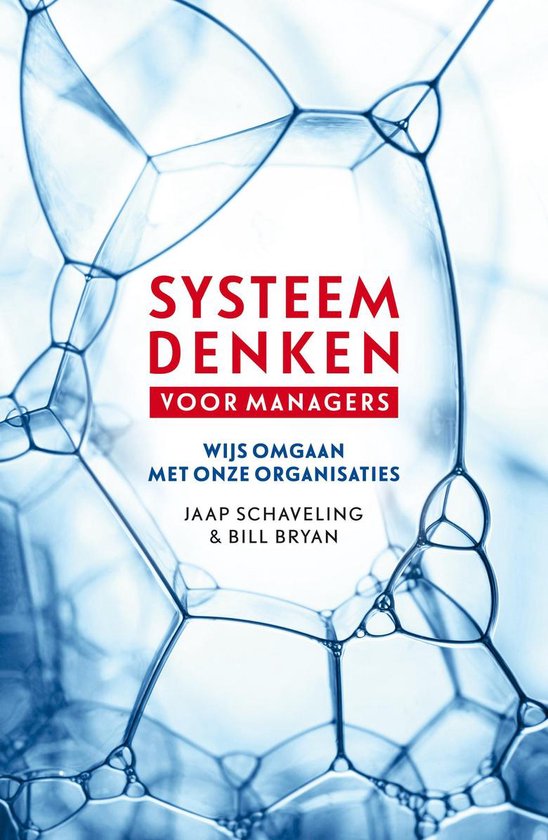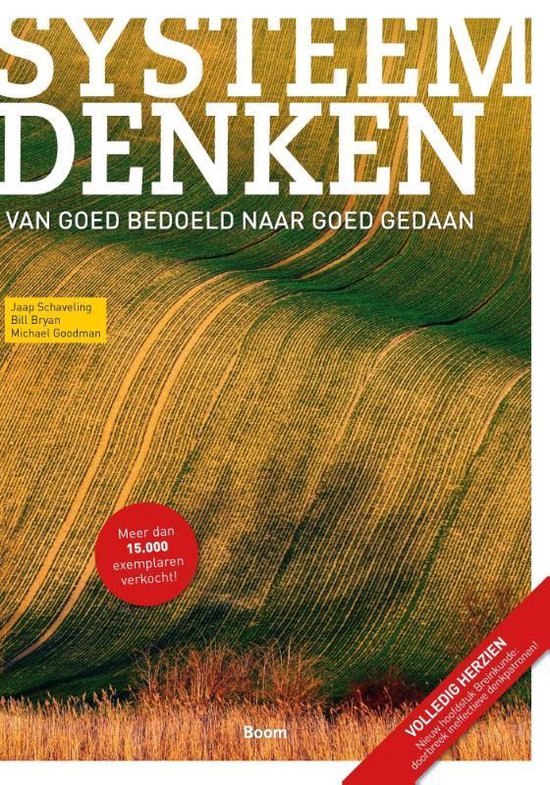Systems thinking engaged decision making

Uiterlijk 30 november in huis
In this book, the authors draw from research in cognitive and social psychology, decision and systems sciences—as well as their own research and consulting work that spans more than 20 years—to show how designed interventions can enable team decision making to become transparent, rigorous, and defensible.
In the knowledge economy, teams play a central role in decisions made within and across organisations. The reason why teams with diverse compositions are often used is arguably their ability to develop solutions that none of their members could have produced alone. Systems design, strategy and policy development, risk management, and innovation are just a few of the areas that call for team decisions. Unfortunately, a considerable number of behavioural research studies show that teamwork is fraught with difficulties. Teams often underestimate their fallibility, struggle with conflict, or are unable to share and integrate critical information effectively. Indeed, the evidence shows that two out of three teams do not achieve their goals and half of organisational decisions – many of which are team decisions – fail.
In this book, the authors draw from research in psychology, decision and systems sciences – as well as their own research and consulting work that spans more than 20 years – to show how designed interventions can enable team decision making to become rigorous, transparent, and defensible. They cover theory and practice regarding the design, delivery, and evaluation of interventions to support team decision making in situations of varied complexity. Written as an applied resource for researchers and advanced students in particular, this book offers a guide to proven interventions that enhance the process of making team decisions and increase the chances of superior team results.
The Open Access version of this book, available at www.taylorfrancis.com, has been made available under a Creative Commons Attribution-Non Commercial-No Derivatives (CC-BY-NC-ND) 4.0 license.
- 1 Bekijk alle specificaties



Taal: en
Bindwijze: Paperback
Oorspronkelijke releasedatum: 11 april 2024
Aantal pagina's: 290
Hoofdauteur: Etiënne A. J. A. Rouwette
Tweede Auteur: L. Alberto Franco
Hoofduitgeverij: Routledge
Product breedte: 156 mm
Product lengte: 234 mm
Verpakking breedte: 156 mm
Verpakking hoogte: 16 mm
Verpakking lengte: 234 mm
Verpakkingsgewicht: 453 g
EAN: 9781032503516